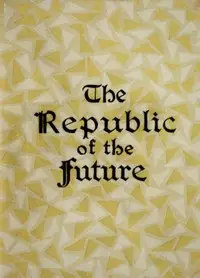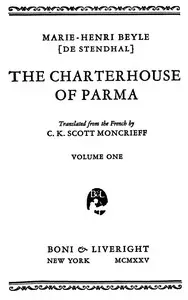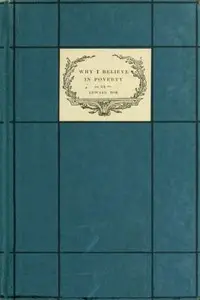"The Republic of the Future; or, Socialism a Reality" by Anna Bowman Dodd is a speculative fiction novel written in the late 19th century. The book explores a vision of a future society structured around socialist principles, set in a world where traditional roles and occupations have been fundamentally altered. Through the eyes of the protagonist, Wolfgang, Dodd examines the implications of a society that has achieved equality at the expense of individuality and personal ambition. The narrative unfolds through a series of letters from Wolfgang to a friend, detailing his observations and experiences in a futuristic socialist society. Upon arrival, he discovers a monotonous city devoid of diversity, where both men and women share identical roles and responsibilities. The government has abolished manual labor, relying instead on machinery for all domestic tasks, resulting in an array of automated systems that deprive society of human interaction. As Wolfgang interacts with the inhabitants, particularly a young woman he befriends, he learns about the sacrifices made for communal living and the pervasive sense of ennui that underlies their utopia. The absence of competition, personal ambition, and traditional family life leads to a sense of dissatisfaction among the citizens, prompting Wolfgang to reflect critically on the costs of such a seemingly perfect society. Through this lens, Dodd raises questions about the value of individualism and personal aspirations in the pursuit of social equality. (This is an automatically generated summary.)

The Republic of the Future; or, Socialism a Reality
By Anna Bowman Dodd
"The Republic of the Future; or, Socialism a Reality" by Anna Bowman Dodd is a speculative fiction novel written in the late 19th century. The book ex...
Anna Bowman Dodd was an American author from New York. Her first book was Cathedral Days, and her second The Republic of the Future, was also successful. She published novels, such as Glorinda, as well as a book on Normandy, In and Out of Three Normandy Inns. She wrote short stories, essays and a series of articles on church music. After Dodd wrote a paper on the Concord School of Philosophy for Appleton's Magazine, English journals copied it, a French translation was reprinted in Émile Littré's Revue Philosophique, and the author found her services in growing demand. She was engaged by Harper's Magazine in 1881 to furnish an exhaustive article on the political leaders of France, which she prepared for by going to France, in order to study the subject more closely. The paper's editor, Henry Mills Alden, pronounced it as 'the most brilliant article of the kind we have had in ten years'. Before returning to the U.S., she visited Rome and prepared a description of the carnival for Harper's. Dodd died in 1929.














